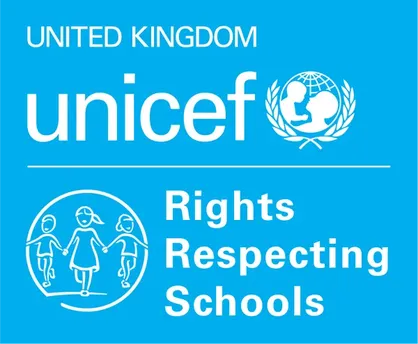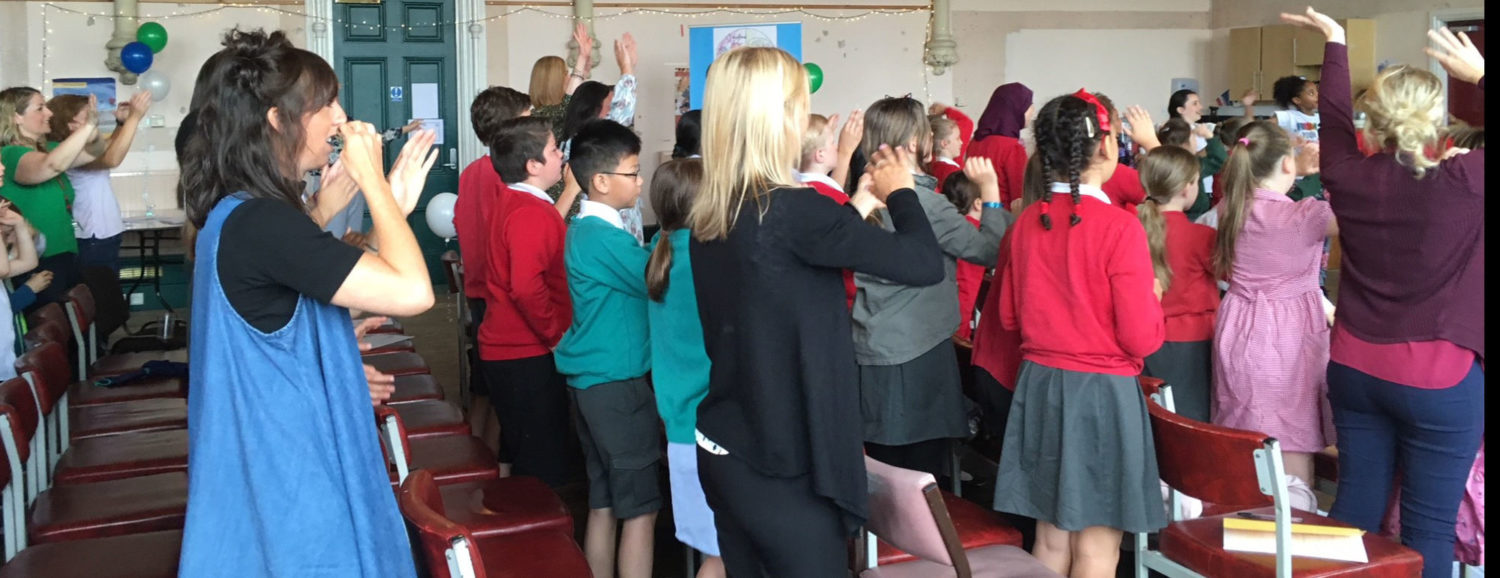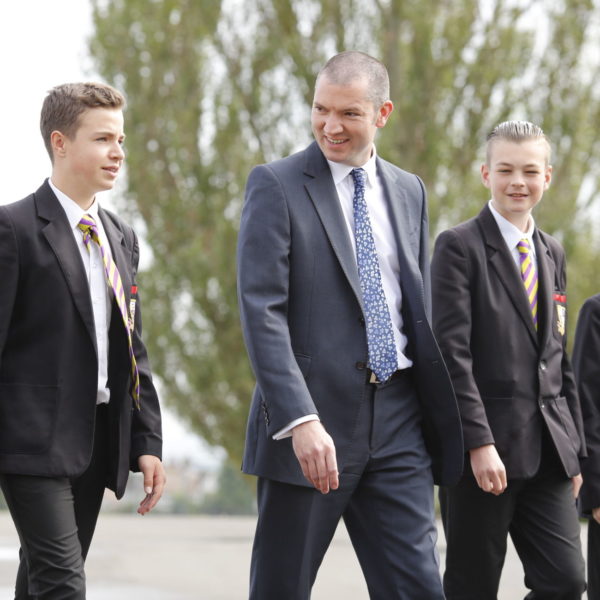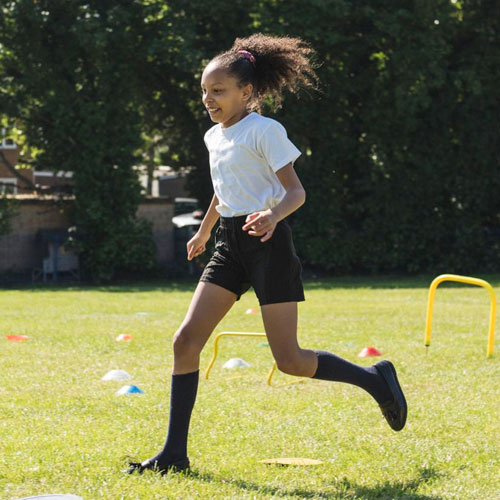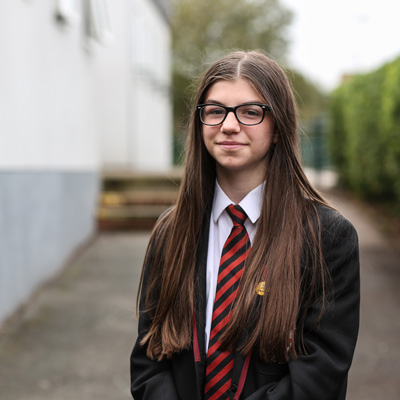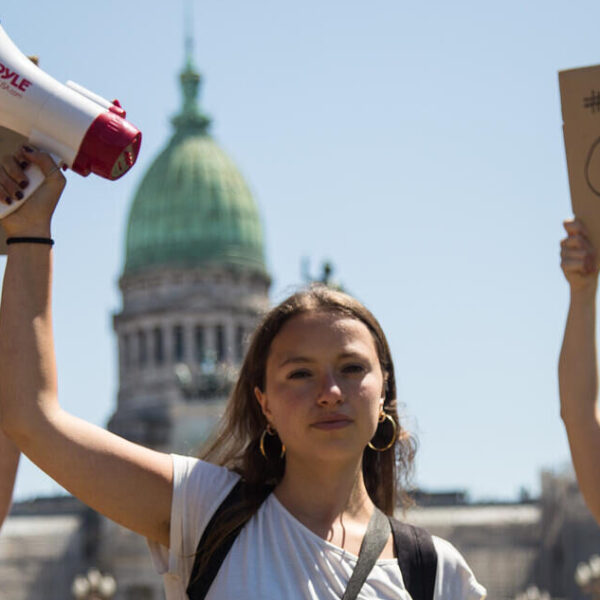A conference can spread rights respecting practice to other schools and give a platform for the voice of children and young people.
For adults, attending a conference can help generate enthusiasm and engagement for embedding children’s rights across the local education network. It can provide a place for teachers to discuss with schools who are much further along in the Award, what is involved in becoming Rights Respecting, what the benefits are, what issues have been encountered along the way and how these can be overcome.
For children and young people a conference gives them the opportunity to have their voice heard. Allow children to take ownership of the conference, get them involved at the planning stage and let them design and lead the event. This can be a really powerful experience for young people and give them a taste of what is involved in event management and planning as well as letting them share the ideas with local decision makers and influencers.
- Planning: The amount of planning time needed depends on the size and scope of your conference. For a small half-day event, a lead in time of two to three months is probably enough but if you want to get high profile speakers such as a local MP or another high profile figure you might need a bit longer. Put together a check list of the things you need to consider such as venue, invite list, and programme to guide you as to the amount of work required.
- Team up: Consider teaming up with another school in your area who are at a similar stage of the Award. In Manchester, St Matthew’s CoE Primary School and Moss Park Infants School worked together to produce their June conference.
- Theme: Pick a compelling theme for your conference. Children’s voice is a strong one, but you might also want to focus on children’s rights at home and abroad, or focus in on a particular right like Article 24, which explores health and includes the need for a clean and safe environment.
- Agenda: A strong agenda will include a welcome, one or two speakers, a carousel of activities, a question and answer session and a wrap-up with comments perhaps from your Professional Adviser or local MP.
- Breakout time: Breakout activities can help spark conversation and enforce messages. Ask the child steering group to come up with activities that they would like to share with others. For example, you could use Wants and Needs cards and which items you would take in a suitcase.
